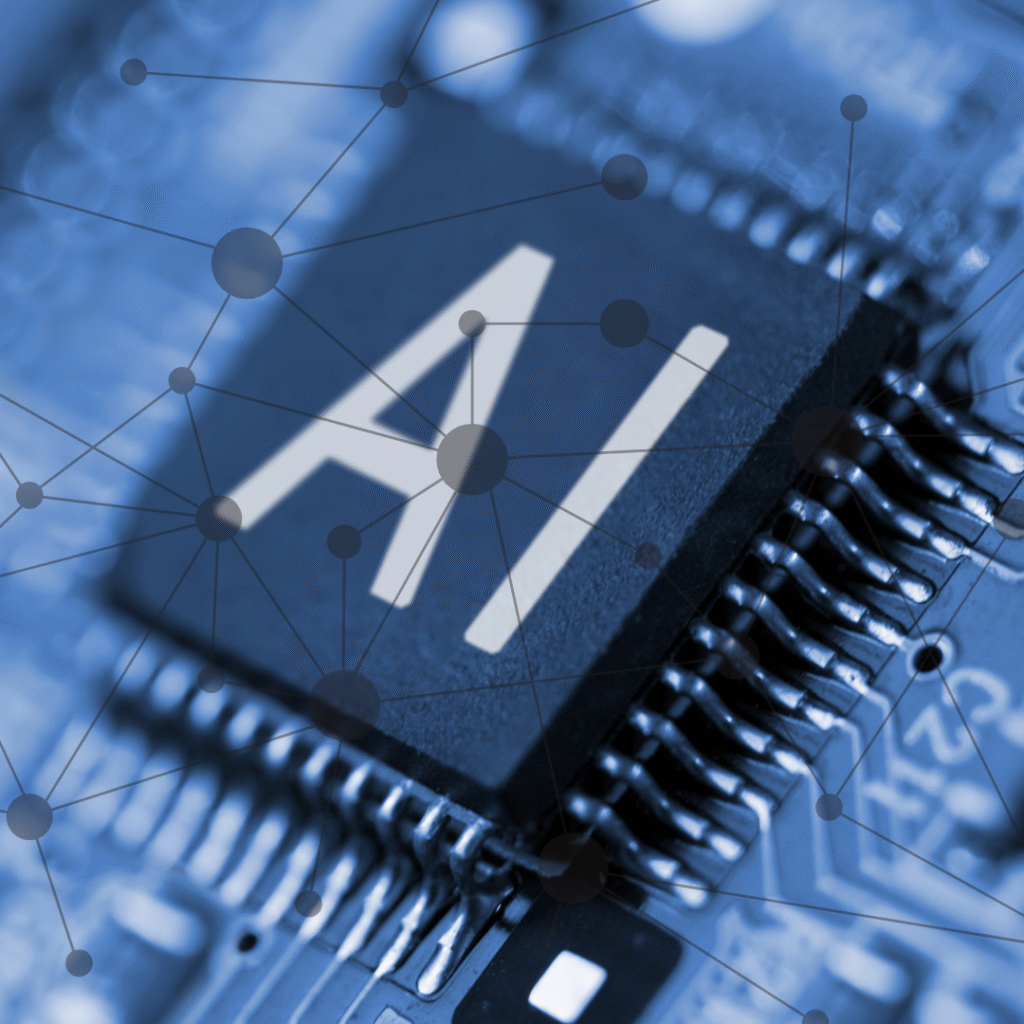
This article, What is artificial intelligence?, has been written for native English speakers and learners of English as a second or foreign language. It helps children practise reading and comprehension, learn fun vocabulary, and explore how computers can be smart in their own way. Written by Mark Pulley, a teacher and writer who creates fun and informative news articles for English learners.
What is artificial intelligence?
Artificial intelligence, or AI for short, is when computers or machines can do things that usually need a human brain. I know that might sound like something from a sci-fi movie, but guess what, AI is already all around us!
Think about voice assistants like Siri or Alexa. You ask them a question, and they answer. You say, “Play my favourite song,” and they do it. That’s AI in action, listening, understanding, and helping you. It’s your very own clever robot buddy.
How does AI work?
AI learns by looking at loads of data. It spots patterns, like how people ask questions or how shapes appear in pictures, and uses those patterns to figure things out. It’s like when you learn maths, you practise, make mistakes, and get better each time.
You can watch a video about how it works on YouTube.
AI in games and cars
Ever played a video game where the computer players seem really smart? That’s AI. It helps make games tricky, exciting, and different each time you play.
Then there are self-driving cars. Cars that brake, speed up and steer for you, so you can just sit back and relax. These cars use AI to “see” the road, avoid people and objects, and drive safely. It’s like a robot taxi that never gets tired.
Why is AI important?
AI is helping people do amazing things: it helps doctors spot diseases, helps farmers grow more food, and even helps scientists search the stars. It’s a super-tool that can work quickly, solve problems, and sometimes do things humans can’t.
But because AI is powerful, we have to use it wisely, making sure it’s fair, safe, and good for everyone.

Article vocabulary list
- Artificial intelligence (AI) – When computers or machines can think or learn like humans
- Voice assistant – A program that listens and talks to you, like Siri or Alexa
- Obstacle – Something that blocks your way or makes it hard to move forward
- Challenging – Something that is hard but fun to try
- Fair – Treating everyone equally and kindly
- Tool – Something that helps you do a job
- Explore – To discover new places or things
- Pattern – A repeated design or way of doing something
Comprehension questions
Just click the plus (+) to see the answer
1. What does AI stand for?
A) Artificial insects
B) Artificial intelligence
C) Automatic internet
Answer: B) Artificial intelligence
2. What do voice assistants like Siri do?
A) Play music only
B) Listen, understand, and help you
C) Make games
Answer: B) Listen, understand, and help you
3. How does AI learn?
A) By guessing
B) By practising and finding patterns
C) By sleeping
Answer: B) By practising and finding patterns
4. How do self-driving cars use AI?
A) To fly
B) To “see” the road and drive safely
C) To make food
Answer: B) To “see” the road and drive safely
5. Why is it important to use AI carefully?
A) Because it can be dangerous if not fair or safe
B) Because it breaks easily
C) Because it is slow
Answer: A) Because it can be dangerous if not fair or safe

Mark is a writer and EFL teacher from England with eight years’ experience. He’s passionate about travel, sport (especially football), animals, nature, and history, and enjoys helping children explore the world through language and learning.




